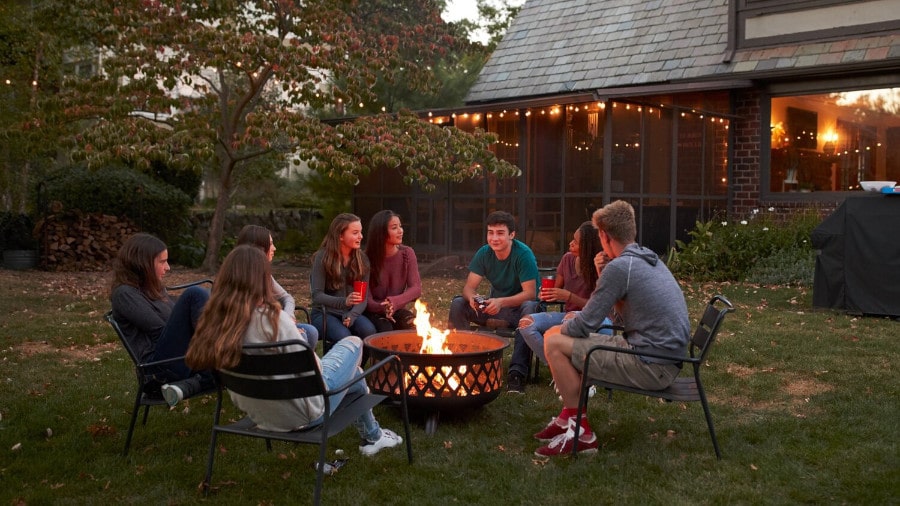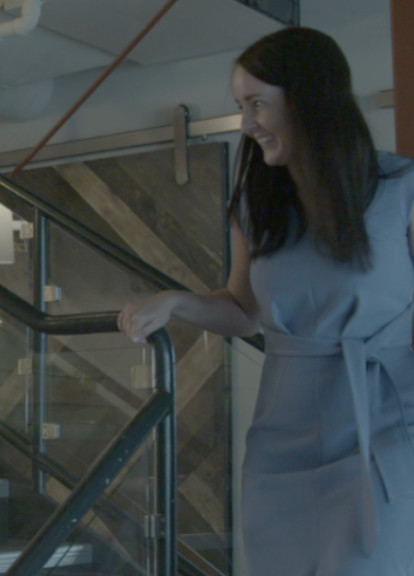
If you allow underage kids to drink alcohol at your home and they end up injuring someone, will you be held liable?
Before you agree to have a house full of minors for your teenager’s birthday or graduation party, it is important that you understand your legal responsibilities as a host.
In 2006, the Supreme Court of Canada released the decision Childs v. Desormeaux establishing that hosts must respect their guests’ independent decision making. Contrary to commercial hosts such as restaurants, private hosts are not responsible for the actions of their guests. This means that as a general rule, a private host cannot be held liable for injuries caused by a guest to a third party.
However, there are exceptions to the rule set out by Desormeaux. Specific exceptions involve situations in which the hosts are serving and selling alcohol to minors. The court in Desormeaux also held that each case must be decided on its unique set of facts.
In Desormeaux, adult guests drunkenly drove away from a party and were involved in a motor vehicle accident. The case did not touch on the different standard of care that applies to parents who host underage partygoers, thus leaving room for eventual legal challenges.
B.C. case reinforces supreme court decision on social host liability
In June 2020, the Supreme Court of British Columbia released a decision in McCormick v. Plambeck that has answered a question which has gone relatively unaddressed by Canadian courts: can adults who have underage kids drinking on their property be held liable for the actions of those guests after they have left their home?
In this case, parents hosted a party where they allowed their children and other minors to drink alcohol. Two of the party attendees left on foot, stole a nearby vehicle, and eventually crashed it into the woods, resulting in the driver’s death and the passenger becoming badly injured.
Last month, the parents who allowed the guests to drink underage on their property were found not liable for the deadly crash. In his reasoning, the judge held that the party hosts did enough to keep the kids safe by taking keys from guests who drove and offering others a drive home. In reaffirming that the standard of care is one of reasonableness and not one of perfection, the judge held that the party hosts could not reasonably foresee that allowing minors to drink on their property would lead to a motor vehicle accident.
The court noted, in closing, that it would have awarded nearly six million dollars in damages to the injured plaintiff had the lawsuit succeeded. More importantly, this would have set a new precedent for social host liability in Canada.
Social host liability law is not black and white
The law surrounding social host liability has remained relatively unchanged for over 14 years in Canada. However, recent decisions from jurisdictions across the country demonstrate that decision makers are not reticent in holding a host liable for a third party’s injuries where the damages were foreseeable.
In Williams v. Richard, the Ontario Court of Appeal maneuvered the intricacies of the Desormeaux decision. The court justified holding a host liable for a third party’s injuries by reasoning that the facts of the case differed from those in Desormeaux. In this case, Williams drank upwards of fifteen beers at a friend’s house prior to getting behind the wheel to go pick up his children. Shortly after picking them up, he was involved in a single motor vehicle accident and died at the scene. His children were successful in recovering damages against the host in a lawsuit that claimed that the host should have foreseen the eventual damages and forbidden Williams from getting behind the wheel.
This decision from 2018 demonstrates that social hosts are not automatically absolved of liability after their guests leave their property. Though the rule set out by Desormeaux still reigns when it comes to social host liability, many grey areas continue to exist in this area of the law.
Request a
Free Consultation
If you would like to learn your legal options at no obligation, contact us today to set up a free consultation.
